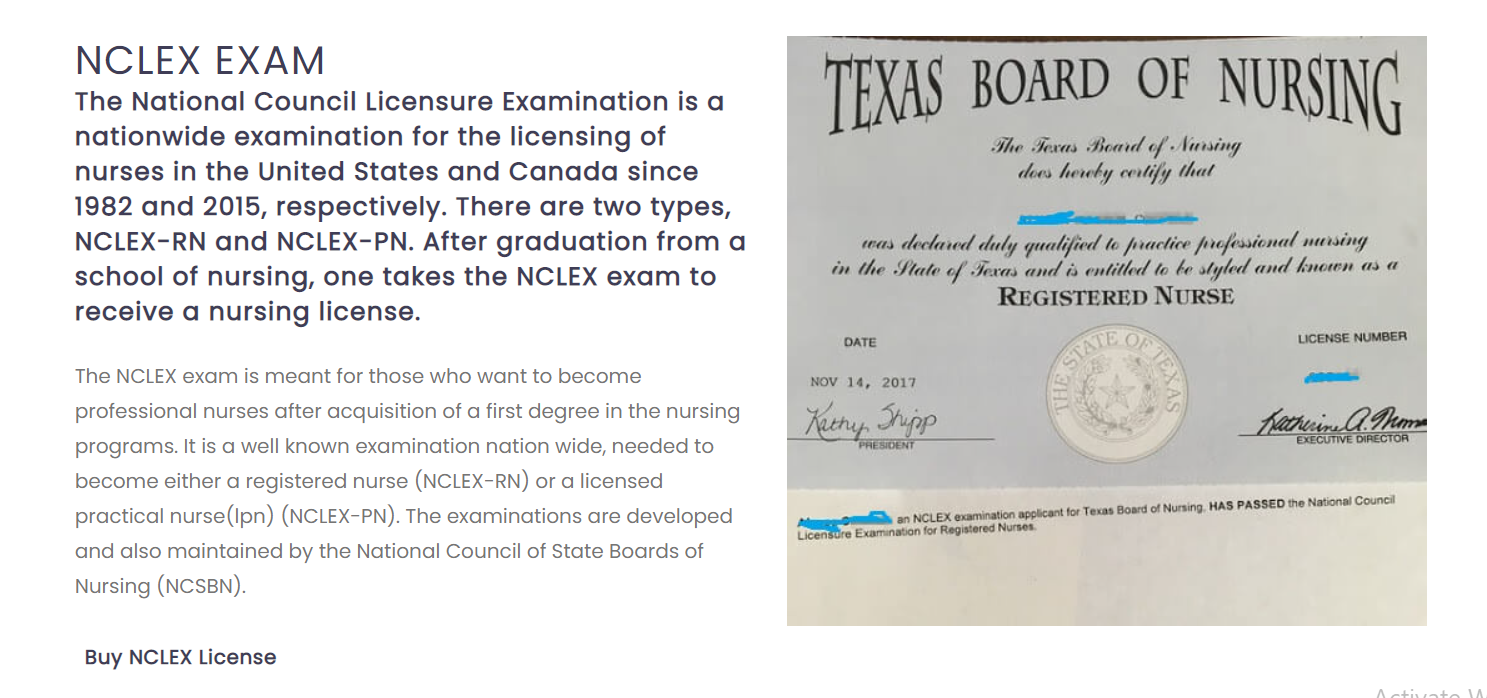NCLEX PN And NCLEX RN
Things you should know about the national council licensure examination.
NCLEX PN And NCLEX RN The NCLEX exam is for those interested in becoming professional nurses. This exam can be done after the acquisition of the first degree in nursing programs. It is well known nationally. To become a registered nurse, you will have to pass NCLEX-RN. To become a licensed practical nurse (lpn), you will have to be successful in the NCLEX-PN. Both of these exams are managed by the National Council of State Boards of Nursing (NCSBN). State boards of nursing consider the results of NCLEX when issuing a Nursing License. This exam has been used in the US and Canada since 1982 and 2015 respectively.
The NCLEX test is used to determine if it is safe for you to begin practice as an entry level nurse and is significantly distinct from any test that you took in nursing school. You will be tested on how you can use critical thinking skills to make nursing judgments.
The NCLEX has four major categories and eight subcategories. The questions are primarily multiple choice but there are also alternate question types. These alternate question types include multiple response, fill-in-the-blank, hot spots, chart/exhibit and drag-and-drop. All questions involve integrated nursing content.
The NCLEX uses the CAT (Computer Adaptive Test) format of questioning. This helps to make sure the test is not ‘too easy’ or ‘too hard’.
The first question is generally below the level of minimum competency. If you answer the question correctly, the next question will be slightly harder and if you answer the question wrongly, the next question will be slightly more difficult and so on. By doing this throughout the test, the computer will determine your level of competence.
The NCLEX-RN is composed of questions in the following subjects;
- Physiological Adaptation
- Management of Care
- Safety and Infection Control
- Reduction of Risk Potential
- Pharmacological and Parental Therapies
- Basic Care and Comfort
- Psycho-social Integrity
- Health Promotion and Maintenance

Recent Comments